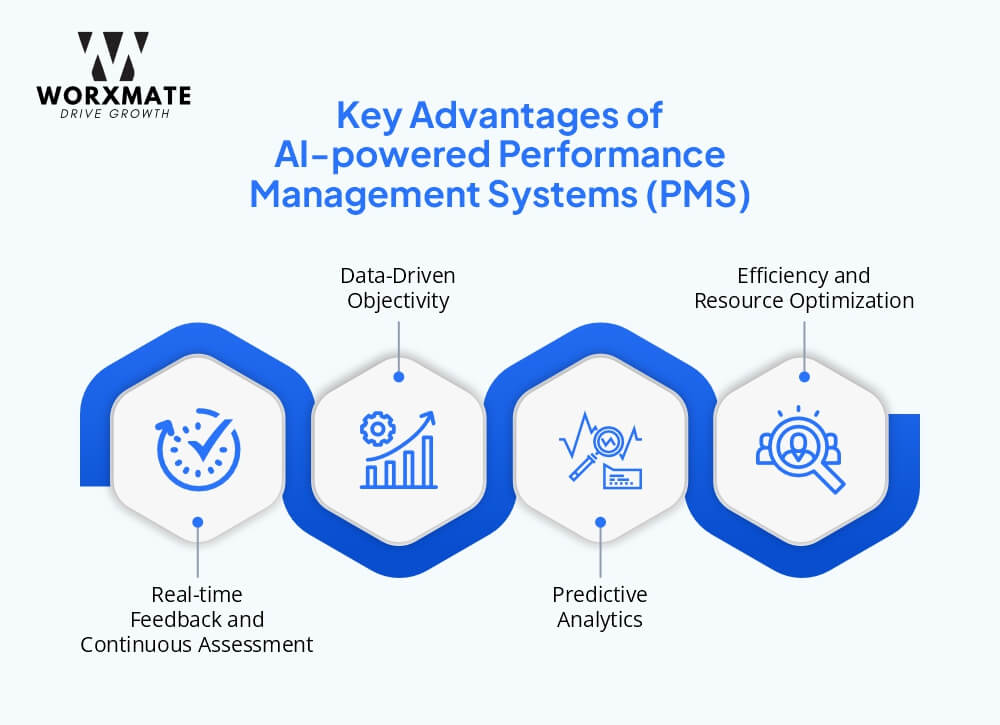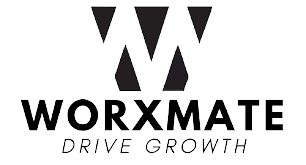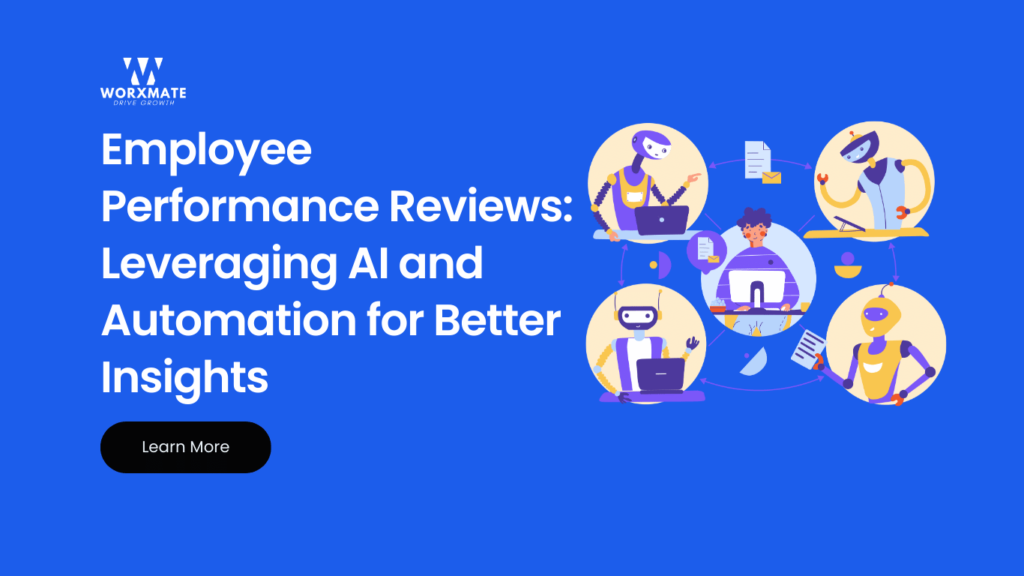The annual performance review. For many, it’s a dreaded ritual—rushed conversations, ambiguous feedback, and outdated assessments. It’s no wonder 95% of managers are dissatisfied with traditional performance management processes. But in an era defined by rapid digital transformation and heightened employee expectations, organizations can no longer afford to rely on these outdated methods.
This is the right time to tap into the power of Artificial Intelligence (AI) and automation to deliver continuous, data-driven insights that accelerate growth.
Let’s explore how AI and automation in employee performance reviews can revolutionize the way businesses manage and nurture talent.
» The Limitations of Traditional Performance Reviews
The annual performance review, once a cornerstone of human resource management, is now often viewed as an outdated and ineffective practice. This sentiment is not merely anecdotal; it’s backed by compelling data.
A comprehensive study by Gallup revealed that only 14% of employees strongly agree that their performance reviews inspire them to improve. This statistic underscores a significant gap between the intended purpose of performance reviews and their actual impact on employee growth and organizational success.
» Why AI is the solution for Employee Performance Reviews?
Artificial Intelligence and automation represent a paradigm shift in how we approach performance management. By leveraging these technologies, organizations can overcome the limitations of traditional methods and gain deeper, more actionable insights into employee performance.

- Real-time Feedback and Continuous Assessment: AI enables ongoing performance tracking, providing managers and employees with timely, data-driven insights. This shift from annual to continuous assessment fosters a culture of ongoing improvement and agile performance management.
- Data-Driven Objectivity: AI algorithms can analyze vast amounts of performance data, identifying patterns and trends that might elude human observers. This data-centric approach helps mitigate unconscious biases and provides a more objective view of employee performance.
- Predictive Analytics: One of the most powerful applications of AI in performance management is its predictive capability. By analyzing historical data and current performance indicators, AI can forecast future performance trends, identify employees at risk of disengagement, and highlight high-potential individuals primed for advancement.
- Efficiency and Resource Optimization: Automation of routine tasks associated with performance reviews frees up valuable time for managers to focus on higher-value activities such as coaching and strategic planning.
» Case Study: AI in Action at Unilever
Forward-thinking organizations are already leveraging AI in performance management with impressive results. Take Unilever, for example. In June 2019, the global consumer goods leader introduced FLEX Experiences, an AI-powered internal talent marketplace aimed at transforming how employees engage with career development opportunities.
FLEX Experiences allows over 20,000 Unilever employees across 90+ countries to access personalized opportunities in real-time. Employees can work on projects of varying durations, hone existing skills, or develop entirely new ones. This platform provides complete visibility of global opportunities across all business areas.
Impressive Results:
- Unlocked 60,000+ hours of work in just two months
- Increased employee engagement and satisfaction
- Promoted a flexible, inclusive, and networked organization
Unilever’s Executive VP of HR, Jeroen Wels, noted that FLEX Experiences is “redefining the future of work” and aligns with Unilever’s vision of nurturing a pioneering culture focused on continuous employee growth.
» Impact on Performance Management:
FLEX Experiences revolutionized Unilever’s approach to performance management by:
- Encouraging continuous skill development through real-time opportunities rather than annual assessments.
- Offering data-driven insights on employee skills and potential, which inform more accurate performance evaluations.
- Empowering employees to take charge of their own development, aligning perfectly with modern performance management philosophies.
This case study demonstrates how AI-driven solutions can elevate performance management, moving beyond outdated review systems to a more dynamic, continuous, and employee-centric approach.
» The Synergy of Human Insight and AI Capabilities
While AI introduces powerful efficiencies and data analysis into performance management, it doesn’t replace the need for human insight.
The best performance management systems combine AI’s ability to process vast datasets with the emotional intelligence and context provided by human managers. This synergy allows for a more holistic and effective performance management process that recognizes both quantitative data and qualitative insights.
» Looking Ahead: The Future of Performance Management
As AI technology continues to evolve, we can anticipate even more sophisticated applications in performance management:
- Natural language processing for analyzing qualitative feedback
- Virtual reality simulations for skills assessments
- AI-powered personalized development plans
These advancements promise to further refine our ability to nurture talent and drive organizational success.
» A Call to Action for Forward-Thinking Leaders
As leaders in your organizations, you stand at a critical juncture. The integration of AI into performance management represents more than just a technological upgrade; it’s a strategic imperative in the modern business landscape. By embracing these advanced tools, you position your organization to:
- Make more informed, data-driven decisions about talent management
- Foster a Culture of continuous improvement and employee development
- Gain a significant competitive advantage in attracting and retaining top talent
The question is not whether to adopt AI-powered performance management, but how quickly and effectively you can implement it to stay ahead in an increasingly competitive global market.
The future of performance management is knocking. It’s time to open the door and step into a new era of employee reviews—one defined by real-time insights, personalized development, and a focus on continuous growth. Embrace AI and automation, and watch as your organization transforms its approach to managing talent, ultimately driving greater success and satisfaction for both employees and the business.
Ready to up your employee performance review? Book a call with us to explore Worxmate’s Performance Management Software to see how it can enhance your performance management processes.



